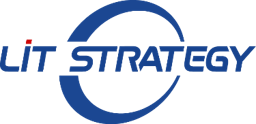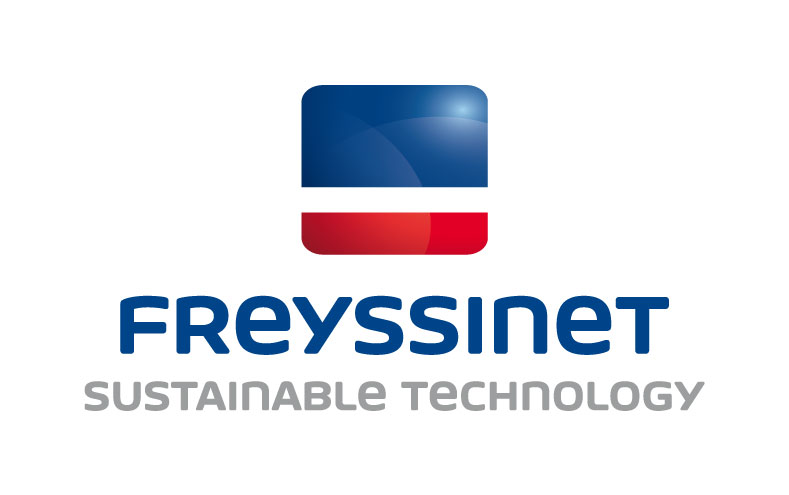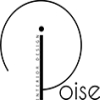Roles & Responsibilities
A project manager, with the help of their team, is charged with multiple responsibilities that span the five project phases of a project life cycle (initiating, planning, executing, monitoring, and closing) below.
The project management phases intersect with 10 knowledge areas. The knowledge areas include integration, scope, time, cost, quality, human resources, communication, risk procurement, and stakeholder management.
Initiating phase
Integration management: Developing a project charter
Stakeholder management: Identifying stakeholders
Planning phase
Integration management: Developing a project management plan
Scope management: Defining and managing scope, creating a work breakdown structure (WBS), and requirements Gathering
Time management: Planning, defining, and developing schedules, activities, estimating resources and activity
Durations
Costs management: Planning and estimating costs, and determining budgets
Quality management: Planning and identifying quality requirements
Human Resource Management: Planning and identifying human resource needs
Communications management: Planning communications
Risk management: Planning for and identifying potential risks, performing qualitative and quantitative risk analysis, and planning risk mitigation strategies
Procurement management: Planning for and identifying required procurements
Stakeholder management: Planning for stakeholder expectations
Executing
Integration management: Directing and managing all work for the project
Quality management: Performing all aspects of managing quality
Human resource management: Selecting, developing, and managing the project team
Communications management: Managing all aspects of communications
Procurement management: Take action on securing necessary procurements
Stakeholder management: Managing all stakeholder expectations
Monitoring and controlling
Integration management: Monitoring and controlling the project work and managing any necessary changes
Scope management: Validating and controlling the scope of the project
Time management: Controlling the scope of the project
Costs management: Controlling project costs
Quality management: Controlling the quality of deliverables
Communications management: Controlling all team and stakeholder communications
Procurement management: Controlling procurements
Stakeholder management: Controlling stakeholder engagements
Closing
Integration management: Closing all phases of the project
Procurement management: Closing all project procurements
In addition to technical knowledge, here are eight project management skills in high demand. Among these, soft skills like these 11 communication skills of effective project leaders can also help project managers excel in this highly sought after role. To step things up here are six traits of highly effective project managers that can help set you apart as one of the truly great ones.
Project management skills
Effective project managers need more than technical know-how. The role also requires a number of non-technical skills, and it is these softer skills that often determine whether a project manager — and the project — will be a success. Project managers must at least have these seven non-technical skills: leadership, motivation, communication, organization, prioritization, problem-solving, and adaptability.
Highly effective project managers are strategic business partners fully vested in organizational success, and they must be able to roll with inevitable setbacks. Combined with the necessary technical skills, certain attributes will place you in higher demand as a project manager, providing a strong foundation that will enable you to adapt to the constantly changing dynamics of a project while putting your stakeholders needs first above all else. Highly effective project managers:
Requirement
- Proven work experience as a Project Manager or similar role
- Diploma / Degree in Electrical Engineering/ Construction Management or equivalent
- At least 5 years of experience in construction industry
- Proficient in Microsoft Office applications and CAD
- Good analytical skills and resourceful
- Ability to work independently and under pressure
- Team player, good interpersonal skills with ability to interact with people at different levels
- Willing to work overtime when necessary
- encourage and recognize the valuable contributions of others
- respect and motivate stakeholders
- stress integrity and accountability
- are fully vested in the success of the project
- Remuneration will commensurate with qualification and experience.
- Job Types: Full-time , 5.5 days per weeks
























